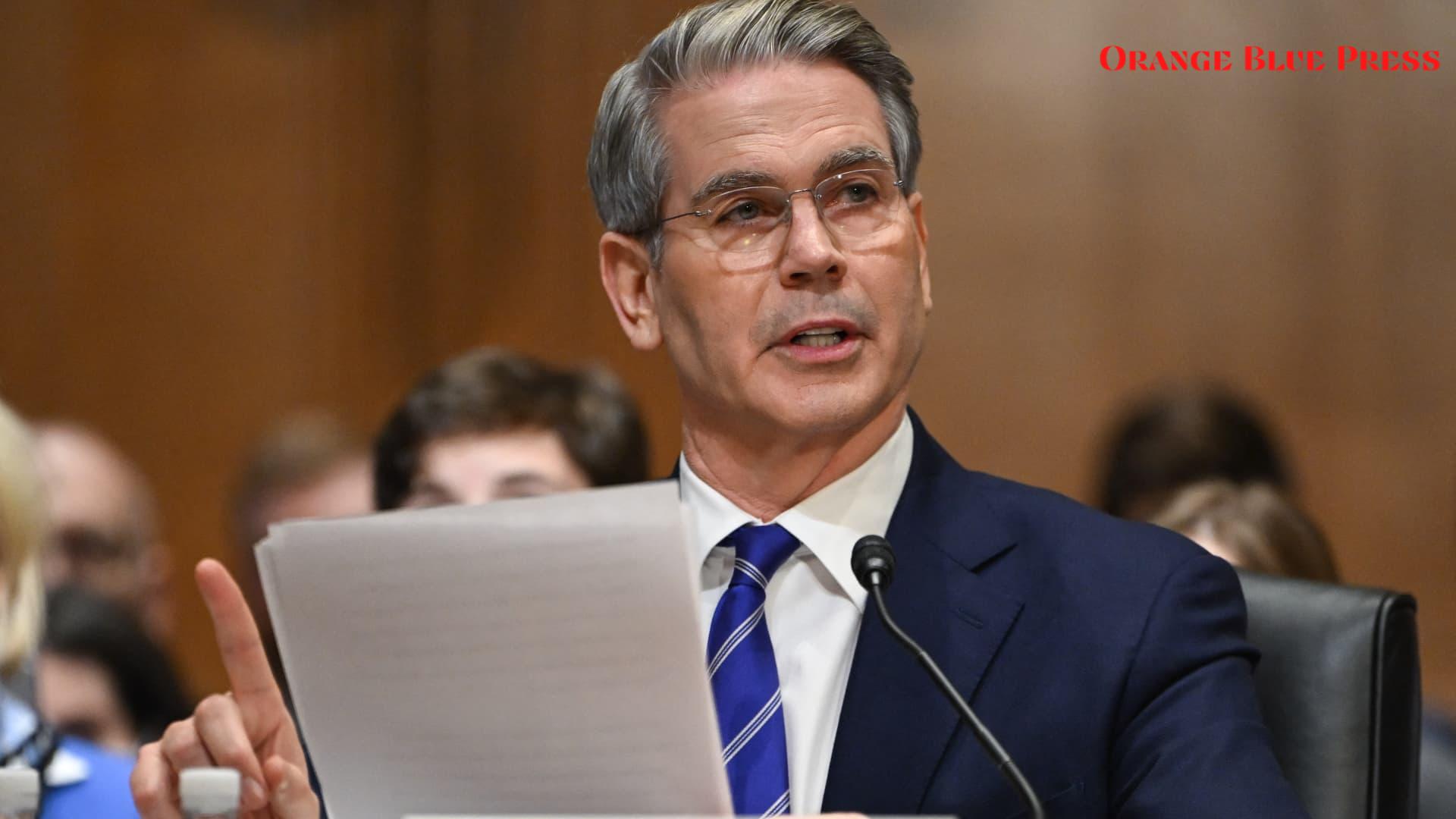In a high-stakes confirmation hearing, Treasury Secretary nominee Scott Bessent took center stage, grappling with questions about soaring U.S. debt and contentious tax policies. With the national debt surpassing a staggering $36 trillion, concerns are mounting over the country’s financial future.
Bessent Highlights Rising Debt
During his testimony, Scott Bessent pointed out that the fiscal year 2025 deficit has already climbed to an eye-watering $710.9 billion in just three months. That’s a $200 billion rise compared to the same period last year! Bessent attributed this troubling trend to what he described as a “spending problem” rather than a lack of revenue. This is significant news as it impacts how the government may manage finances going forward.
Questions About the Debt Ceiling
Senator Elizabeth Warren pressed Bessent on a hot topic: should the government eliminate the debt ceiling? While Warren has voiced strong support for its elimination, Bessent chose a more cautious approach, declining to commit one way or another. This reflects ongoing divisions in Congress regarding the debt ceiling, an issue that many argue poses risks to economic stability.
Tax Cuts and Economic Priorities
One of Bessent’s key focuses during his testimony was the extension of the 2017 Tax Cuts and Jobs Act. He believes these tax cuts are essential for maintaining economic growth, although critics point out that they primarily benefit wealthy Americans. Indeed, those in the top 0.1% received an average tax cut exceeding $250,000! Scott Bessent’s plan to extend these cuts would come with a hefty price tag—around $4 trillion over the next decade. Such figures raise eyebrows and spark debates about economic fairness.
Allegations of Tax Dodging
The confirmation hearing wasn’t without controversy. Senate Democrats have circulated memos claiming that Scott Bessent may owe nearly $1 million in self-employment taxes. Bessent’s office quickly denied these claims, asserting that he has fully complied with tax laws. However, critics, including Senator Ron Wyden, have questioned Bessent’s financial history, further complicating his confirmation process.
Opposition to Minimum Wage Increase
Moreover, Bessent has also voiced his opposition to raising the federal minimum wage, stating it should be left to individual states and regional regulations. This stance has drawn ire from some lawmakers who view wage increases as crucial for lower-income workers trying to make ends meet in a challenging economy.
| Key Topics Discussed | Scott Bessent’s Stance |
|---|---|
| National Debt | Spending problem |
| Debt Ceiling | Undecided |
| Tax Cuts | Supports extension |
| Minimum Wage | Opposes federal increase |
Bessent’s nomination brings a mix of optimism and skepticism about America’s economic strategies. As the confirmation process unfolds, it is clear that his priorities will shape future discussions on taxation, spending, and economic growth.




















